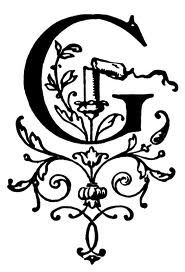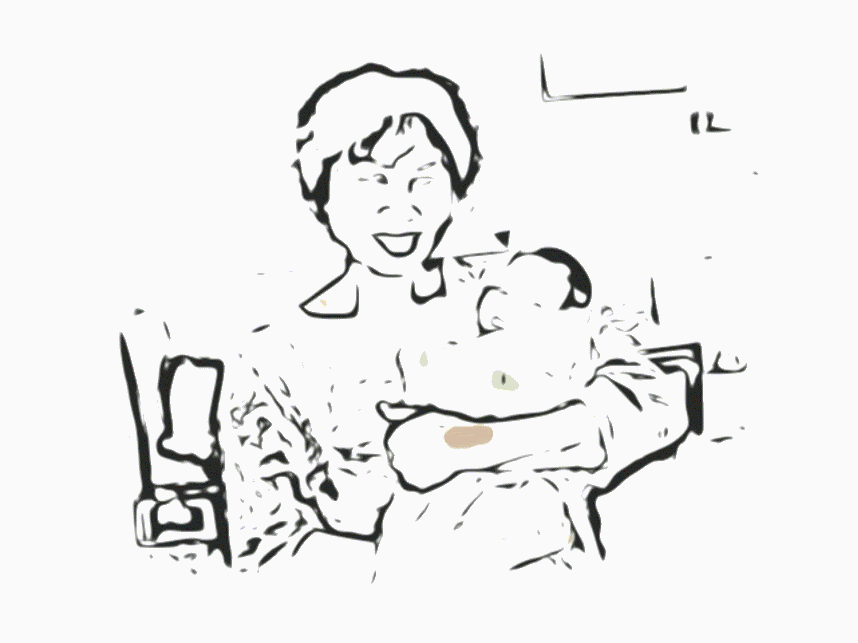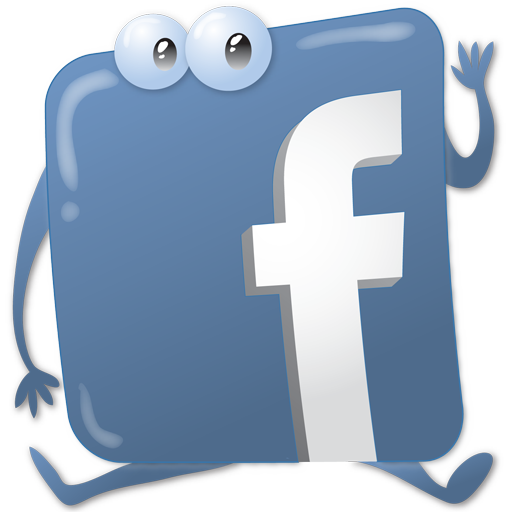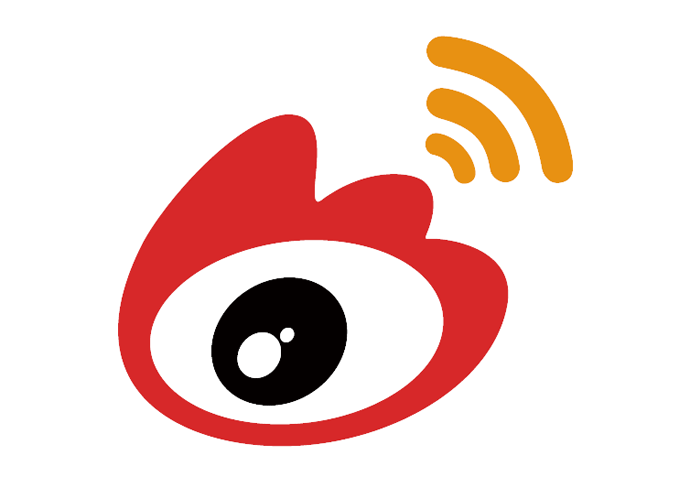
In today’s society, people have to face stress. An appropriate
amount of stress is helpful, but extreme physical and mental stress
leads to health problems. People have seven kinds of mood: happiness,
anger, worry, loneliness, grief, fear, and panic. Under normal
circumstances that would not cause illness. However, excess emotion
causes bodily discomfort.
Chinese medicine believes that the true aim of health is to keep the physiological and psychological balance all the time. A moderately pleasant mood will balance the qi and the blood. Excessive emotions will affect viscera, resulting in the chaos of visceral qi, which leads to diseases.
When people are excessively happy, their heart qi slackens, and their minds becomes disordered. Palpitations, insomnia, mental imbalances could appear. If it is severe, they could laugh endlessly and move aimlessly. That is: “Excessive happiness leads to loss of qi,” and “Excessive happiness hurts the heart.”
When people are startled, the heart qi becomes disordered, resulting in panic, palpitations, insomnia, anxiety, and even by mental disorders, which is called “Panic leads to qi chaos.”
When people are angry they become impatient, have a headache, red face, and may even faint. This can affect the spleen and the stomach, giving rise to symptoms such as vomiting and loss of appetite. That is called “Anger leads the qi up,” and “Ager leads to liver injury.”
With excessive grief, people will have a low voice and are unable to speak with strength, be depressed, have chest tightness, and have shortness of breath, which is called “Sadness leads to qi disappearance,” “Worry leads to gloomy qi,” and “Sadness hurts the lungs.”
With excessive fear, people will be pale, dizzy, or even collapse. Some will have urinary incontinence. That is called “Fear leads qi downward,” and “Fear hurts the kidneys.”
When a person appears to be in pain, appropriate medical screening is necessary, but do not forget to regulate the emotions. To be healthy, the most important point is to first cultivate the heart.
Getting appropriate exercise, having a proper diet, and maintaining an even temperament are the ideal ingredients for a healthy life.
Meiyi Lin is a doctor of Chinese medicine.
Chinese medicine believes that the true aim of health is to keep the physiological and psychological balance all the time. A moderately pleasant mood will balance the qi and the blood. Excessive emotions will affect viscera, resulting in the chaos of visceral qi, which leads to diseases.
When people are excessively happy, their heart qi slackens, and their minds becomes disordered. Palpitations, insomnia, mental imbalances could appear. If it is severe, they could laugh endlessly and move aimlessly. That is: “Excessive happiness leads to loss of qi,” and “Excessive happiness hurts the heart.”
When people are startled, the heart qi becomes disordered, resulting in panic, palpitations, insomnia, anxiety, and even by mental disorders, which is called “Panic leads to qi chaos.”
When people are angry they become impatient, have a headache, red face, and may even faint. This can affect the spleen and the stomach, giving rise to symptoms such as vomiting and loss of appetite. That is called “Anger leads the qi up,” and “Ager leads to liver injury.”
With excessive grief, people will have a low voice and are unable to speak with strength, be depressed, have chest tightness, and have shortness of breath, which is called “Sadness leads to qi disappearance,” “Worry leads to gloomy qi,” and “Sadness hurts the lungs.”
With excessive fear, people will be pale, dizzy, or even collapse. Some will have urinary incontinence. That is called “Fear leads qi downward,” and “Fear hurts the kidneys.”
When a person appears to be in pain, appropriate medical screening is necessary, but do not forget to regulate the emotions. To be healthy, the most important point is to first cultivate the heart.
Getting appropriate exercise, having a proper diet, and maintaining an even temperament are the ideal ingredients for a healthy life.
Meiyi Lin is a doctor of Chinese medicine.






沒有留言:
張貼留言